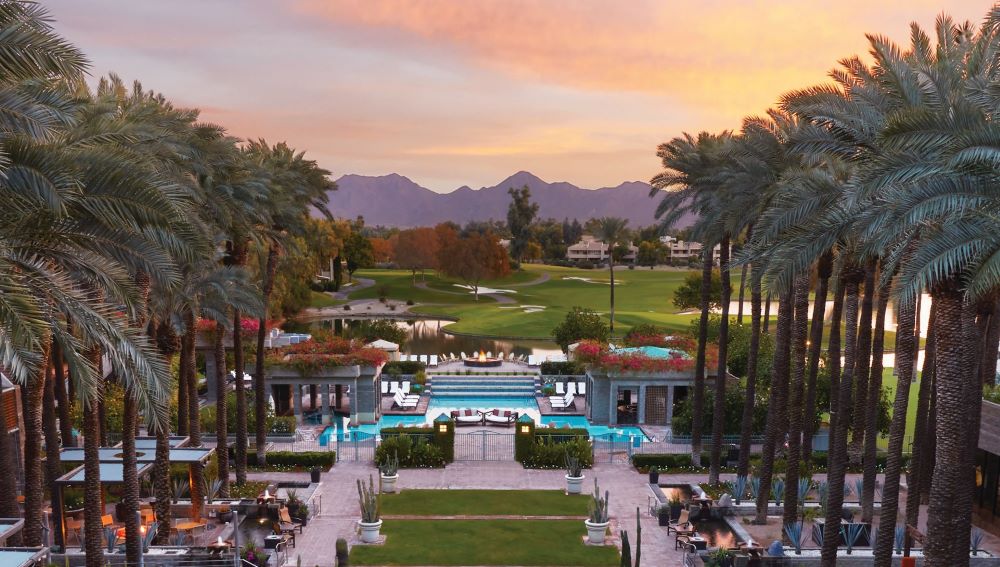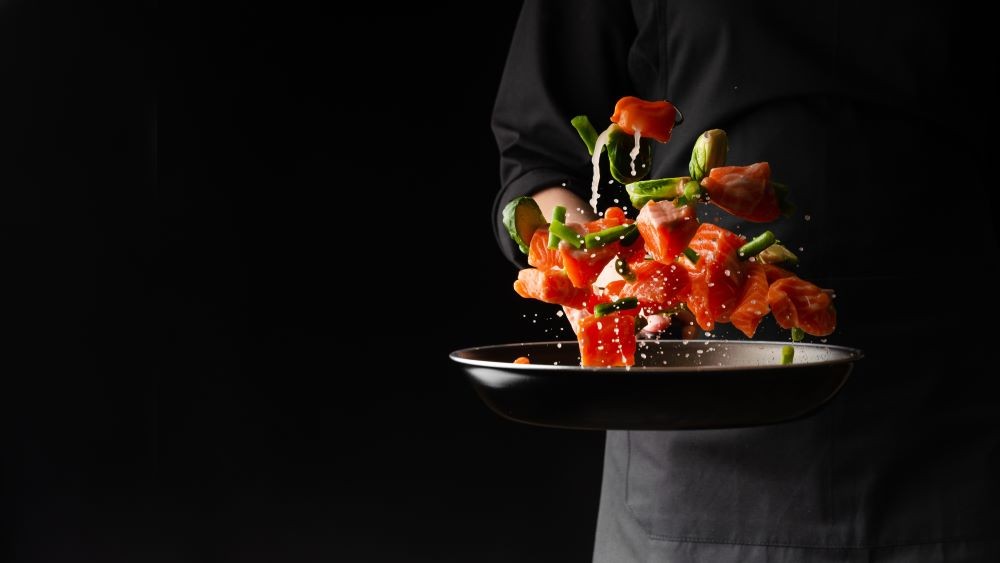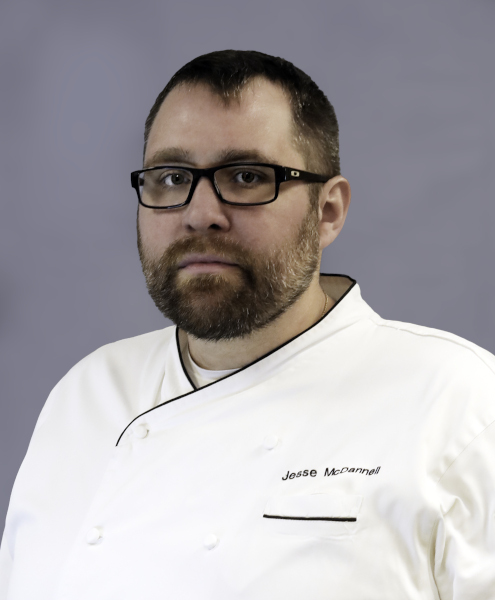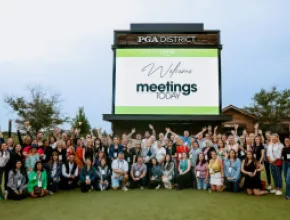Event planning goes beyond choosing a venue and coordinating logistics; it involves crafting memorable culinary experiences that delight guests.
Meeting planners and chefs share a pivotal role in shaping these experiences. By closely collaborating, they can transform ordinary events into extraordinary ones.
Following is a checklist of eight ways planners can partner with chefs and their teams to ensure an exceptional experience.
[Related: How to Slim Down Your Meetings and Events Food and Beverage Spend]
1. Meet With the Chef Before the Event
It is important to schedule a meeting with the venue’s chef in advance of the event. This process helps the chef get a clear idea of the culinary vision and opens a line of communication, inviting a more collaborative process. For example, in my role at Hyatt Regency Scottsdale, I like to personally meet with each planner to ensure I am fully understanding their priorities and preferences in creating a memorable experience.
2. Incorporate Seasonal Foods and Consider Volume Buys
Utilizing seasonal produce not only enhances the freshness and flavor of dishes but can also lower costs due to increased availability. I also recommend discussing the possibility of volume buys, especially if there are multiple groups hosting events simultaneously. Pooling resources for ingredients or bulk purchasing can lead to cost savings without compromising quality.
3. Embrace Local and Sustainable Sourcing
In addition to featuring seasonal produce, it is important to collaborate with the venue to sustainably source local ingredients for the menus. This not only helps to support local businesses, it also reduces the carbon footprint, all while ensuring freshness and quality.
[Related: 9 F&B Tips to Reach Your Meeting Sustainability Goals]
4. Prioritize Dietary Restrictions
Clear communication about dietary restrictions is critical to ensure an inclusive event for all attendees and should be covered early in the planning process. I recommend coordinating thoughtful menu modifications and alternative options to be prepared without undue stress.

5. Hold Menu Tastings
Arrange tastings with the chef to sample menu items before making selections. This allows planners to taste test the dishes and provide feedback, ensuring the menu meets expectations and achieves the vision.
6. Create a Custom Menu
Tap into the creativity and expertise of the chef to design a customized menu that reflects the preferences and theme of the event. It’s also important to remain flexible throughout the planning process and be open to suggestions from the chef. Their input can inspire unexpected culinary delights that enhance the experience for your group.
[Related: Learn 9 Prime F&B Takeaways From Events Experts]
7. Align on Presentation and Service
Discuss the best presentation style and service format to ensure it complements the event. Whether it’s a formal plated dinner, buffet or self-serve food station, having a dialogue about the format will ensure greater satisfaction.
8. Request Feedback for Continuous Improvement
After the event, tap guests for feedback about the dining experience. Relay their input to the chef to celebrate what worked and identify opportunity areas, fostering a culture of continued improvement.
Successful events are a result of effective collaboration between meeting planners and chefs. By leveraging each other’s expertise, creativity and resources, they can elevate the culinary aspect of events and create memorable experiences for everyone involved.
Read next: Top 7 AI Uses from Event Profs in the Know







